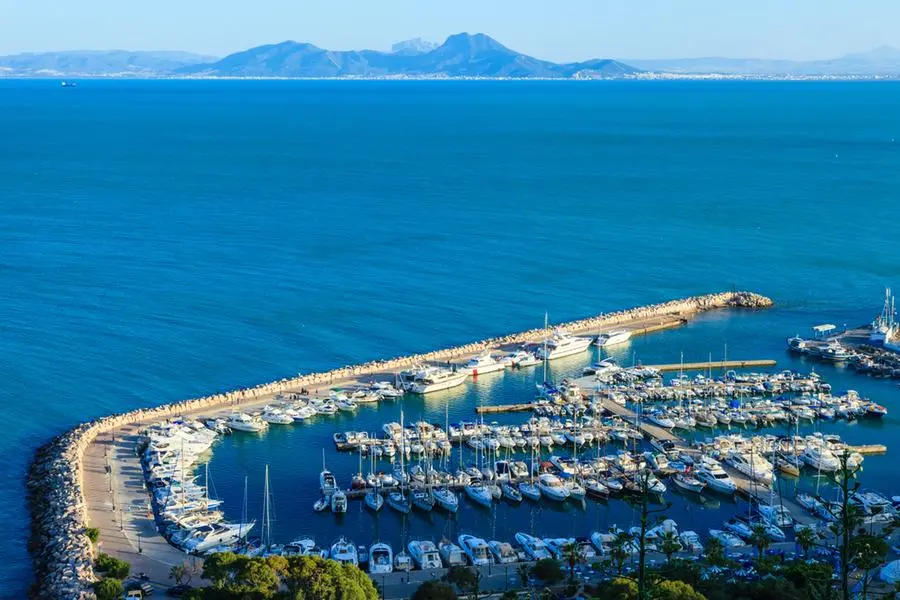PHOTO
Rising sea levels could affect almost a quarter of Tunisia's coastal zone by 2050, resulting in a total loss of land worth $1.6 billion, warns the "Country Climate and Development Report for Tunisia" released by the World Bank Group Wednesday, ahead of COP28.
However, "this figure can be reduced to $44 million by adopting a rigorous integrated coastal zone management approach".
"The likelihood of catastrophic flooding is expected to increase almost tenfold, and the cost of repairing roads alone after such floods could reach $277 million by 2050. These risks threaten the livelihoods of people living on the coast and in flood-prone areas," the document says.
"The loss of land will lead to significant indirect losses, with the tourism sector being one of the hardest hit. Assuming that no adaptation measures are taken to protect the tourism sector in coastal areas, the direct and indirect consequences of the loss of surface area would cost the Tunisian economy up to 6.9% of GDP by 2050, due to the cascading effects on hotel, restaurant and catering activities, public revenues, tourism-related economic activities and jobs," the report points out.
The WB therefore recommends "targeted interventions to protect coastal zones and their economic activities, which will make it possible to prevent some of the damage associated with sea-level rise. The type of intervention depends on the coastal zone.
For natural areas with assets (such as beaches), interventions should focus mainly on soft defences, such as the addition of sediment or sand along the coastline, the preservation of dunes and the implementation of nature-based solutions, such as increasing the vegetation cover to stabilise the soil".
In addition, "developing a diversified tourism value chain, i.e. offering year-round tourism that takes advantage of unique inland landscapes and heritage as well as coastal attractions, would help reduce risks to the tourism sector".
The report also calls for the protection of critical infrastructure against flooding and rising sea levels.
It would also be in Tunisia’s interest to invest in improving multimodal transport to "strengthen the resilience of the transport network" by increasing investment in railways and seaports, including through public-private partnerships.
Tunisia has taken significant steps to improve its resilience to disasters, notably by publishing a national strategy for disaster risk reduction up to 2030. However, there are still opportunities to improve resilience, in particular by updating and applying building codes and design standards, especially for critical public infrastructure. Improving the resilience of infrastructure also requires strengthening the capacity and authority of local institutions for management and protection," the report says.
© Tap 2022 Provided by SyndiGate Media Inc. (Syndigate.info).





















